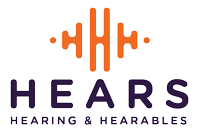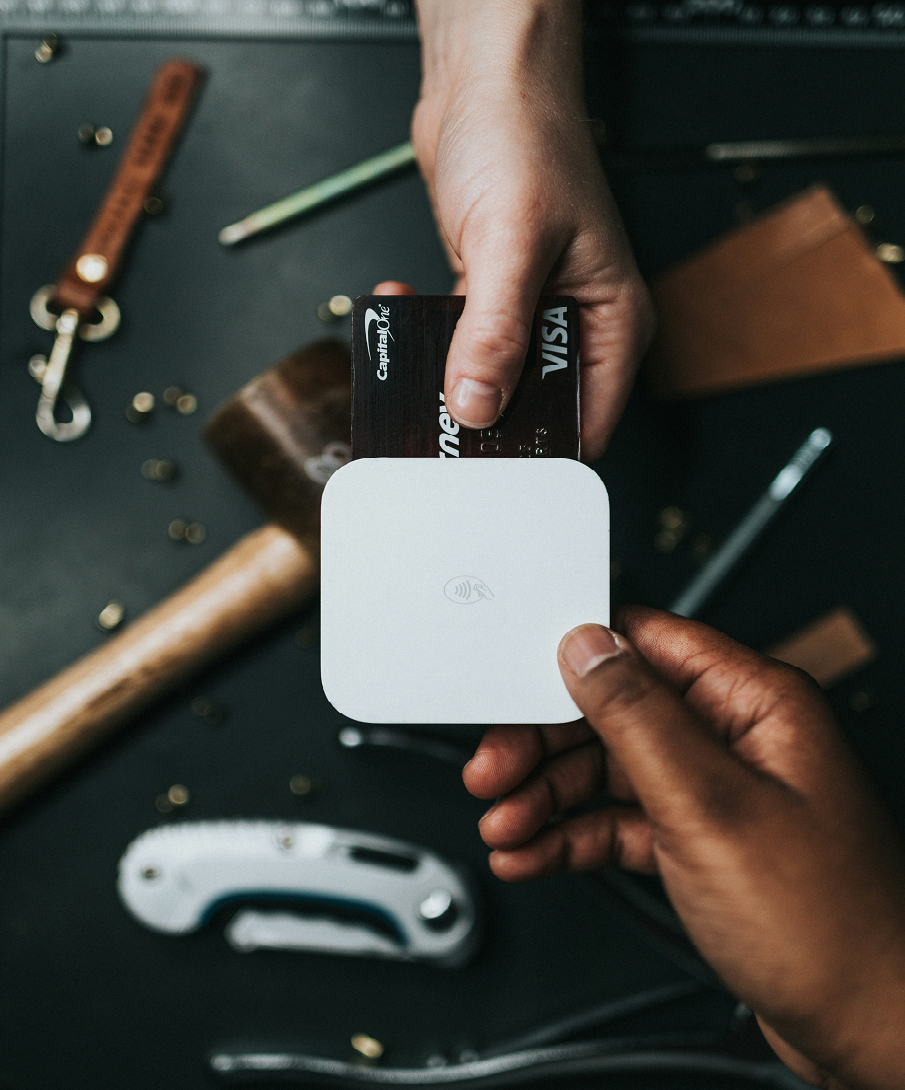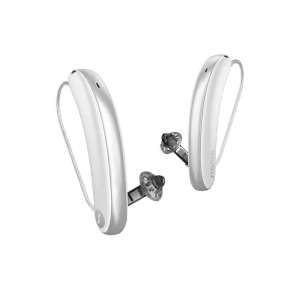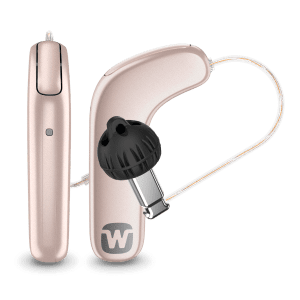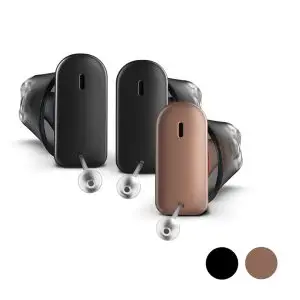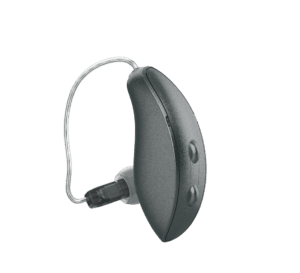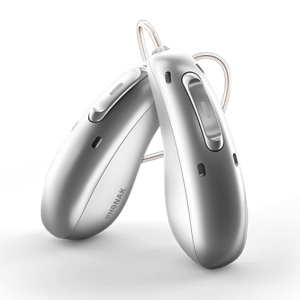What You Need to Know Before You Buy Hearing Aids
Hearing aids can significantly enhance the quality of life for individuals with hearing loss. However, choosing the right hearing aid requires careful consideration of several factors. Below are key points to consider before you buy hearing aids.
1. Get a Professional Hearing Test
- A professional audiologist can accurately diagnose your type and degree of hearing loss.
- Hearing tests can identify specific frequencies where you have trouble hearing, which helps in selecting the appropriate hearing aid.
2. Understand Different Types of Hearing Aids
- Behind-the-Ear (BTE): Suitable for severe hearing loss; generally larger, easier to handle, and with longer battery life. More waterproof and dust proof for those people in those settings.
- In-the-Ear (ITE): Custom-fitted, more discreet than BTE; works well for mild to severe hearing loss. Not good for people who have a lot of wax in their ears or perspire frequently.
- In-the-Canal (ITC) and Completely-in-the-Canal (CIC): Very discreet; suitable for mild to moderate hearing loss, but limited battery life and features. There are some rechargeable in-the-ear options.
- Receiver-in-Canal (RIC): Combines benefits of BTE and ITC; discreet and suitable for mild to severe hearing loss. This is a comfortable option and the most popular as it is easy to fit and has many benefits.
3. Consider Your Lifestyle and Needs Before You Buy Hearing Aids
- If you’re very active or participate in sports, durability and sweat resistance might be important.
- For social activities and public events, directional microphones and noise-canceling features are beneficial.
- If you spend time outdoors or in variable environments, consider water resistance and environmental adaptability.
4. Check Technology and Features
- Standard vs. Premium: Premium hearing aids offer more advanced features like noise reduction, Echo suppression, ear to ear communication and marketing terms like that.
- Bluetooth Connectivity: Allows you to connect to smartphones, TVs, and other devices.
- Directional Microphones: Help focus on sounds from specific directions, enhancing speech recognition.
- Telecoil (T-Coil): Useful for hearing loop systems in public venues.
5. Understand Battery Life and Rechargeability
- Traditional hearing aids use disposable batteries, which require periodic replacement.
- Rechargeable hearing aids are more convenient and environmentally friendly but might be costlier upfront.
6. Evaluate Comfort and Fit Before You Buy Hearing Aids
- A comfortable hearing aid is critical for consistent use.
- Custom-fitted models tend to be more comfortable but consider professional adjustments and follow-up appointments for optimal fit.
7. Budget and Insurance Coverage
- Prices vary widely depending on technology, brand, and features. Consider your budget and research whether your insurance covers hearing aids.
- Some states have programs to assist with the cost of hearing aids, especially for children and seniors.
8. Trial Period and Warranty
- Look for a hearing aid with a trial period, allowing you to test its effectiveness in real-life situations.
- Ensure the hearing aid has a warranty that covers repairs and replacements for a certain period.
9. Maintenance and Care
- Regular cleaning and proper storage are essential to extend the life of your hearing aid.
- Ask about service and maintenance plans, and understand what is covered under the warranty.
10. Seek Professional Advice and Support Before You Buy Hearing Aids
- A qualified audiologist can guide you through the selection process, including fitting, customization, and follow-up care.
- Post-purchase support and adjustment services are crucial to ensure the hearing aid is meeting your needs.
11. Ensure you have Transparency in Costs, Brands, and Other Important Attributes Before You Purchase
- Many distribution methods for buying a hearing aid are owned by a manufacturer so you may not get a choice of brand
- Many clinics have business dealings with a manufacturer. Understand you may not get a choice as you are supporting a business model that isn’t transparent.
We hope this Essay offered you some helpful guidelines for when you buy a hearing aid
We share all this with our customers and clients in our clinic. By considering these factors, you’ll be well-prepared to choose a hearing aid that fits your hearing loss, lifestyle, and budget while providing reliable performance and comfort. It is great to cover all your questions and make sure you feel comfortable with the transparency, product, and services you are about to purchase.
Thanks for reading.
